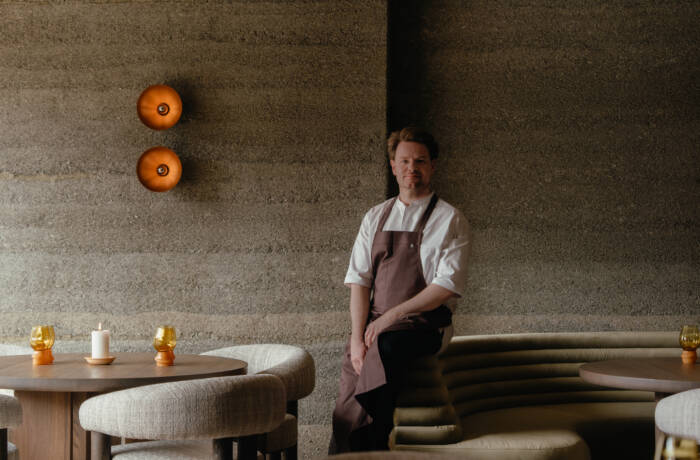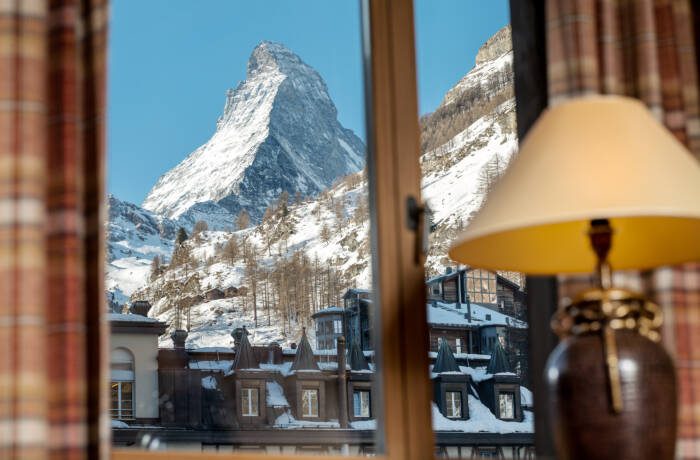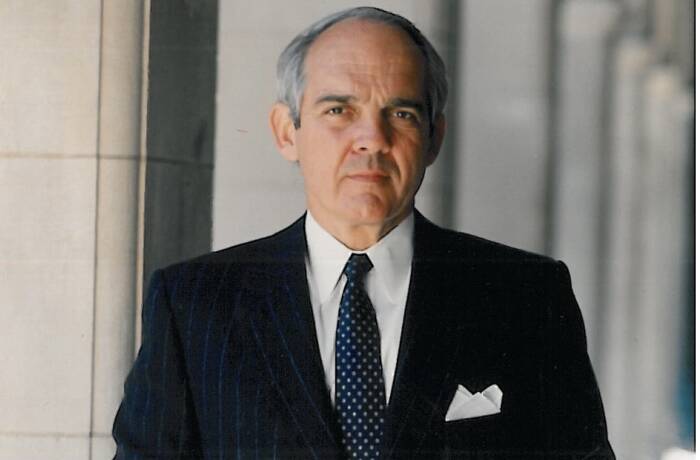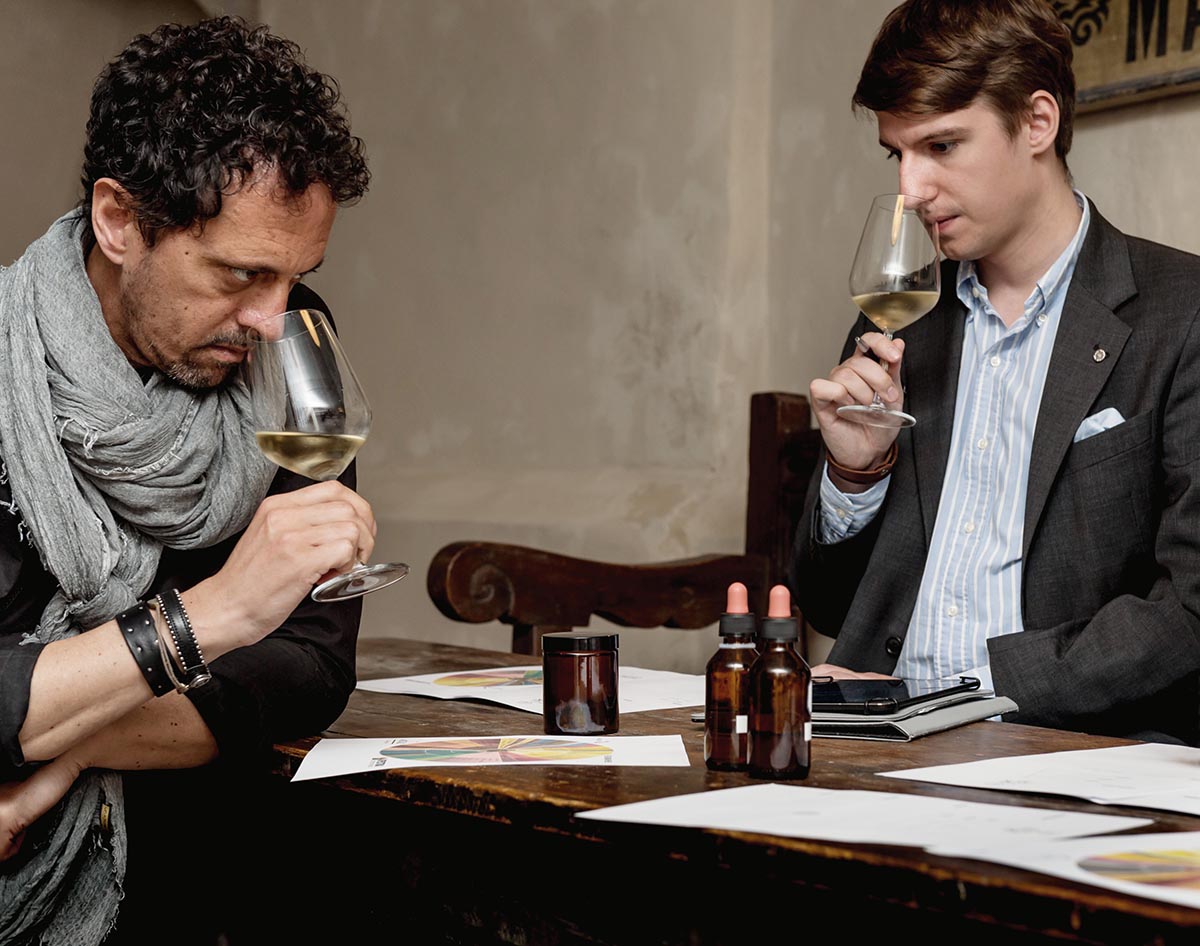
Sommelier Marc Almert (right) perfume training
Marc Almert was recently named Best Sommelier in the World at the Association de la Sommellerie Internationale (ASI) championships in Antwerp. Originally from Cologne, the 27-year-old is currently the Head Sommelier at luxury hotel Baur au Lac in Zurich. Here, he gives us an insight into the work and passions of a top sommelier

Marc Almert
1. Where did your passion for wine come from?
What initially got me interested into wines was a question. I started training as a hotel specialist in my home city of Cologne and I wasn’t drinking any alcohol at the time, because I did not like it. During my training, I noticed I liked some wines and some spirits, however only on certain occasions or paired with certain foods. This intrigued me, and I wanted to understand why certain wines and beverages differ so greatly. And by asking questions and diving deeper into the topic the passion was aroused.
Follow LUX on Instagram: the.official.lux.magazine
2. What is more important for a great sommelier: knowledge of wine, or the ability to deal with customers?
A mix of several features makes a good sommelier. Of course, a profound knowledge of wine and other beverages is crucial. However, having an encyclopaedic knowledge and not being able to apply can be done by books to. A sommelier is a host, entertainer, coach and of course also a waiter – he or she needs to adapt to different kind of guests and their needs and tastes within mere seconds and then ensure they have a great experience throughout the entire evening.
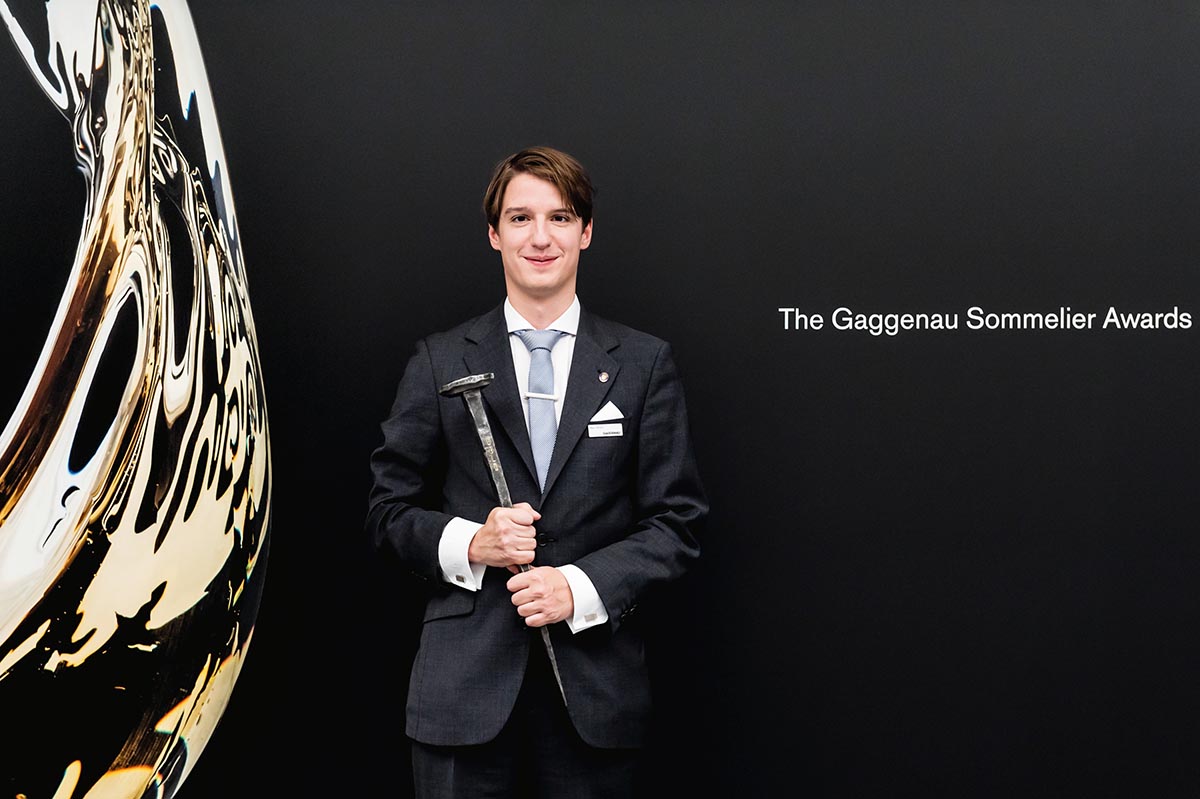
Marc Almert was also the winner of the prestigious Gaggenau Sommelier Awards in 2016
3. What is the most pleasurable part of your job? And the most frustrating?
As a sommelier you should be intimately familiar with most wine growing regions, with their geographic features, their cities, their people, their food, language and of course their wines. This is a most pleasurable and informative way to learn. Taking these new learning points back to your team and then sharing them in trainings with the Baur au Lac staff but even more so with curious guests in the restaurant is one of the most satisfying parts of my job; enhancing the guest experience at the Pavillon [restaurant] by being the vintners’ ambassador.
Wine is a natural product. Many wines are also sealed with a natural product: cork. It is often disappointing when a lot of work has gone into a great bottle of wine on behalf of the vintner, it has been stored in perfect conditions over years or even decades, the guests and myself are excited to open and try it – and then it’s tainted by its cork. That can be quite frustrating, hence I am very happy for the cork industry to keep minimising this problem with new technologies and developments.
4. Are the world’s great wines worth the price?
What do you expect from a bottle of wine you buy or open? Essentially to me it is this question that defines its worth. If it is from a legendary winemaker, a highly rated vintage and a coveted provenance, which has made it quite rare, it can well be worth its price. The price of such bottles does not necessarily reflect the mere production costs, but much more the special moments they create when sharing such a bottle amongst fellow wine lovers, the memories they bring back to trips, countries or even challenging years of history. And of course, then pairing it with intriguing food, such as from our two star chef Laurent Eperon.
Read more: Savills’ selection of luxury chalets in St. Mortiz
5. How has your job changed with the rise of wine bloggers and comparison sites?
The wine world has become a lot more transparent. This has especially led to trends evolving much faster, and quickly becoming more global than it used to be. Due to many crowd sourced comparison sites the industry has also become a little more democratic in its ratings. Furthermore, we see more and more guests coming to the restaurant that are very well informed about the wine world in general and current trends and upcoming winemakers and regions in particular.
6. You are allowed to drink only one wine (or champagne) for the rest of your life. What is it?
For a sommelier it is almost impossible to choose one single wine. If I had to though, it would probably be a well matured Riesling Kabinett from the Mosel. These wines have a great structure and depth to them, vibrant acidity, low alcohol and just the right amount of sweetness – an eternal pleasure.
For more information visit: aupavillon.ch/en/marcalmert.html

